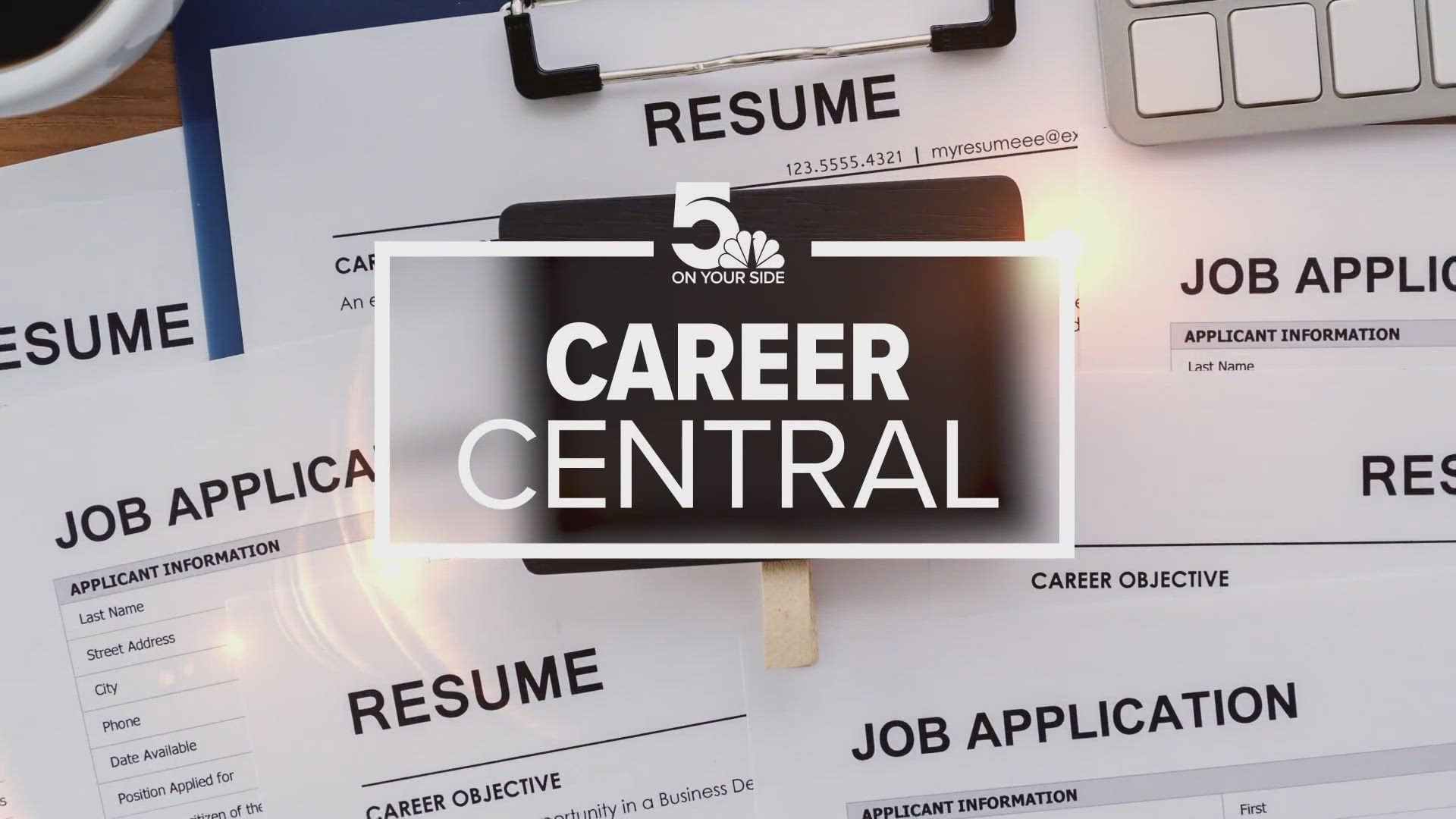The Equivalent of Debtors' Prison
Is there such a thing as a modern-day debtors' prison? Not literally, as debtors' prisons were outlawed by Congress in 1833. However, a recent ACLU report on the criminalization of private debt points out that some private debt collectors are creating the equivalent of debtors' prison via the courts.
The ACLU found instances of debtors being arrested for debts as small as $28. Once incarcerated, the debtor may be stuck in jail for days trying to arrange bail, missing work and family obligations. Jobs may be lost, and the warrants and arrests may show up on future background checks – making it difficult to get a new job or go back to school.
While these tactics may be technically legal, the result is often a punishment far greater than the crime.
It's Not Just "Deadbeats"
The ACLU report breaks the stereotype of the deadbeat willfully trying to avoid their obligations. Inevitably, a small percentage of Americans with delinquent debts will fall in line with the stereotype – but many Americans are simply struggling to make ends meet and are only one major unexpected expense away from unmanageable debt. Approximately one-third of Americans have had a debt turned over to collections.
According to the ACLU, many of the egregious cases involve bounced checks. Overworked district attorneys can turn them over to collection agencies without even considering the circumstances – or whether a crime has been committed at all.
Once the bills are turned over to debt collectors, the court system can come into play – and that's where jail becomes a possibility.
Stay Out Of Court
You may receive a call from an unknown debt collector regarding a debt that you don't recognize. Under the Fair Debt Collection Practices Act, the debt collector owes you certain information within five days of the first contact that proves the debt is legitimate and yours – including the name of the original creditor, the amount owed, and how you can dispute the debt.
Do not ignore this contact. Make them verify that the debt is yours, and if it's assigned to you in error, dispute it in writing within 30 days. If it is your debt, verify that the debt is still within the statute of limitations for debt collection mandated by the laws of your state. Should you conclude that the debt is legitimately yours and the debt collector is in the right, it's best to negotiate a payment with creditors – but make sure the agreement is in writing.
Unfortunately, the ACLU report found that some debt collectors are quick to rush to disproportionate lawsuits simply due to the leverage they have. In some cases, collection agencies have contracts with local district attorneys to pursue debts from bounced checks, with little or no review to see if a criminal violation has taken place. Debt collectors then send letters on the district attorney's letterhead demanding payment under threat of prosecution and are quick to file lawsuits if the debt is not paid.
Once a lawsuit has been filed, the deck is stacked against the debtor. The ACLU report notes that "Over 95 percent of debt collection suits end in favor of the collector, usually because alleged debtors do not mount a defense. In many cases, defendants did not know they had been sued."
Once they win judgments, debt collectors have powerful tools to recover debt. They can ask to have wages or bank accounts garnished or seize personal property. Given powerful financial incentive to file lawsuits and disincentive to make sure that debtors receive proper notification of the lawsuits, the ACLU's findings are not surprising.
The Takeaway
The ACLU has uncovered appalling cases where minor unpaid debt has spiraled out of control and led to arrests. Unfortunately, debt collectors who choose to push the law to the edge – and in some cases, beyond – can file lawsuits and shift the balance of power greatly in their favor, racking up questionable fees in the process.
Your best defense is to incur as little debt as possible, check your credit report regularly for unpaid bills and mistakes, and make at least the minimum payment on all of your bills on time, every time. If you are having trouble paying, negotiate with your original creditor to avoid bills going to collections. Your original creditor would much rather set up a repayment plan than to sell your bill to a debt collector and receive a limited return.
As a backup plan, put away a small amount each month toward an emergency fund that allows you to handle unexpected bills before they can get out of control.
Unfortunately, you can still end up with bill collectors after you – either for debts mistakenly associated with you or legitimate debts that have fallen through the cracks. Make the debt collector meet their legal obligations to verify that the debt is legitimately yours.
If it's legitimate, try to work out a payment plan to meet those obligations. If a lawsuit is filed against you, do whatever you have to do to comply with all summonses and court appearances. If necessary, seek out legal services in your area that assist low-income constituents.
Take all communication by bill collectors seriously. Fail to do so, and you could fall into your own form of debtors' prison, regardless of whether the debt is legitimate.
This article was provided by our partners at moneytips.com.
To Read More From MoneyTips:
Photo ©iStockphoto.com/AlexRaths


